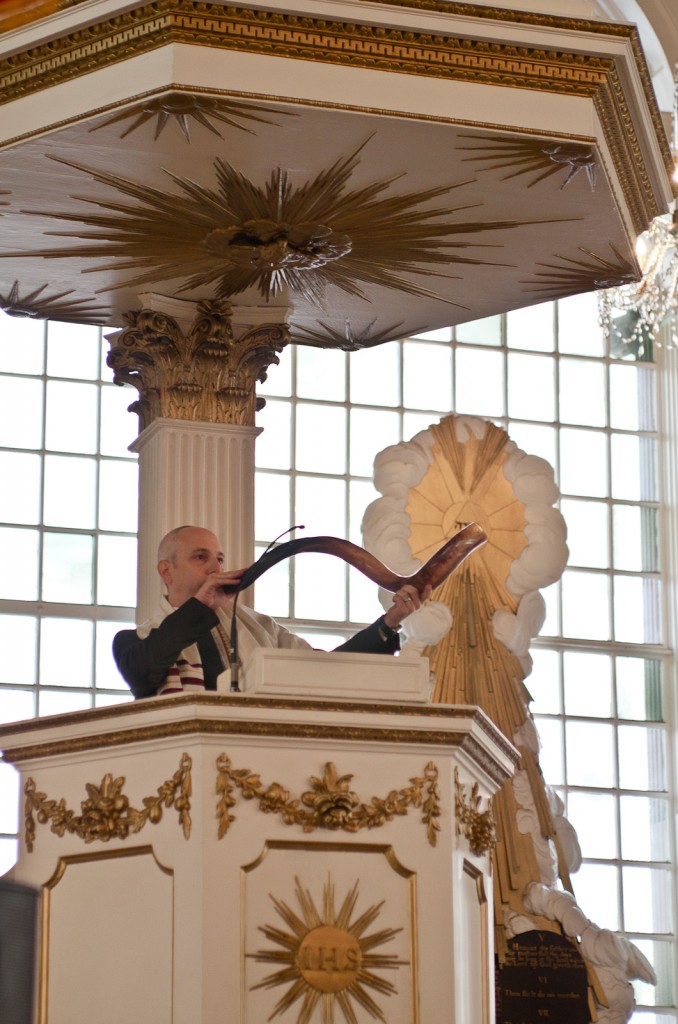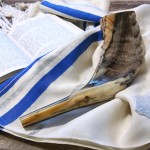#10 Holiday Explorer: Rosh Hashanah – The Jewish New Year
#10 Rosh Hashanah – The Jewish New Year
In this lesson you will learn about the start of the Jewish Year – Rosh Hashanah. You will also learn why Jewish people celebrate this holiday, why it’s called Rosh Hashanah, and some of the traditions take place during Rosh Hashanah. Jews say, “L’shanah Tova, Happy New Year!” Literally, “to a good year!”
Rosh Hashanah Greeting Cards to design at home – download PDF
 READ THIS: Rosh Hashanah, is observed on the first day of the Hebrew month of Tishrei. Rosh Hashanah means, literally, “head of the year” or “first of the year.” Rosh Hashanah is the Jewish New Year. Even though Tishrei is the 7th month of the Jewish year, Rosh Hashanah marks the New Year, because it is the world’s birthday. The Jewish New Year is a time to reflect on the past year and to look inward to see what changes we’d like to make about our behaviors in the year ahead. The Torah refers to Rosh Hashanah as Yom Ha-Zikkaron (the Day of Remembrance) or Yom Teruah (a day of shofar blasts).
READ THIS: Rosh Hashanah, is observed on the first day of the Hebrew month of Tishrei. Rosh Hashanah means, literally, “head of the year” or “first of the year.” Rosh Hashanah is the Jewish New Year. Even though Tishrei is the 7th month of the Jewish year, Rosh Hashanah marks the New Year, because it is the world’s birthday. The Jewish New Year is a time to reflect on the past year and to look inward to see what changes we’d like to make about our behaviors in the year ahead. The Torah refers to Rosh Hashanah as Yom Ha-Zikkaron (the Day of Remembrance) or Yom Teruah (a day of shofar blasts).
Useful Vocabulary:
L’Shanah Tovah – To a Good New Year
Tishrei – The seventh month of the Jewish calendar in which Rosh Hashanah is observed
Shofar – the horn of a ram used during Rosh Hashanah and Yom Kippur
Teshuvah – the act of saying sorry for the things you didn’t hit the mark on during the past year
Tashlich – A ceremony where Jewish people “cast off” the things that they did that didn’t hit the mark during the past year
#1. WATCH – A Brief History of Rosh Hashanah
(Ages 5-10)
Click on the image to watch the video
#2. MEET THE SHOFAR!

The Shofar is a very important part of Rosh Hashanah and Yom Kippur services. It is used to help Jews remember that the High Holy Days have started. It’s loud and unique sound is supposed to wake up our souls. The shofar is also like a party noise blower that is blown when we welcome in a new Jewish year. In the video below, all of the sounds of the shofar are made. Listen closely and see if you can figure out which one is which
Shevarim – three short broken notes
Teruah – nine short broken notes making a wavering sound
Tekiah – one deep note, which ends abruptly
Tekiah Gedolah – the final sound made by the shofar which is one long tekiah
#3 WATCH THIS (All Ages)
Here is a story from the Torah about Abraham and Isaac, which is read on Rosh Hashanah every year.
#4 READ THIS
 Rosh Hashanah in the Torah, Leviticus 23:23-28
Rosh Hashanah in the Torah, Leviticus 23:23-28
Adonai spoke to Moses, saying: “Speak to the Israelite people and say to them: In the seventh month, on the first day of the month, you shall observe complete rest, a sacred occasion commemorated with loud blasts. You are forbidden to work at your occupations; and you must bring an offering by fire to the Adonai.”
Adonai spoke to Moses, saying: “Mark the tenth day of this seventh month as the Day of Atonement. It must be a sacred occasion for you: you must practice self-denial, and you can do no work throughout the day. For it is the Day of Atonement, on which atonement is made on your behalf before Adonai.
#5 RESPOND AND REACT
1. How many names for Rosh Hashanah can you remember?
2. What are some of the foods that are eaten on Rosh Hashanah that have a sweet taste for the new year?
3. Why is it important for Jewish people to use this time of year to look back and make teshuvah for the mistakes they made during the year?
4. What are the sounds made by the shofar and when are they heard?
5. What are some traditions you and your family will be celebrating this year for Rosh Hashanah? If you don’t know, now is a great time to ask your parents!
6. How did the stories from the Torah tell the Jewish people to celebrate Rosh Hashanah?
7. Vocabulary Matching Game! Try to Match all of the Vocabulary words to their definitions:
| 1. Rosh Hashanah | A. The horn of a ram used during Rosh Hashanah and Yom Kippur |
| 2. Shofar | B. “To a Good and Sweet New Year” |
| 3. Round Challah | C. The act of saying you’re sorry for the times you missed the mark during the year |
| 4. Apples and Honey | D. “The Head of the Year” |
| 5. L’Shanah Tovah U’metukah | E. A ceremony where we cast off the things that we did that didn’t hit the mark during the past year |
| 6. Tishrei | F. Bread that is in the shape of a circle to represent the circle of creation and sometimes has raisins for added sweetness |
| 7. Teshuvah | G. Things we eat to taste the sweetness of a new year |
| 8. Taschlich | H. The seventh month of the Hebrew Calendar in which we celebrate Rosh Hashanah and Yom Kippur |
Correct Answers for Matching Game:
1-D, 2-A, 3-F, 4-G, 5-B, 6-H, 7-C, 8E
Need some help?
We’re here for you. At any time, if you have any questions, please contact one of our teachers so we can help you.
Also, at the end of the session, remember to review your responses in your Tamid Workbook so you can get credit for this lesson. Behatzlacha (Hebrew for good luck)!
You can reach us at (646)360-0689 or connect@tamidnyc.org

